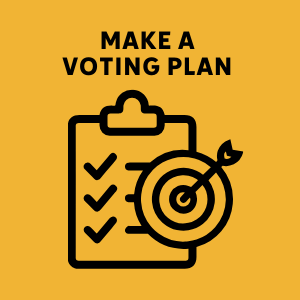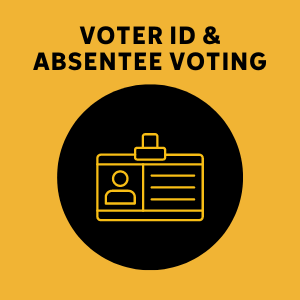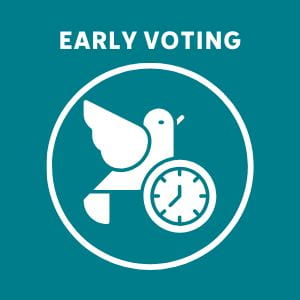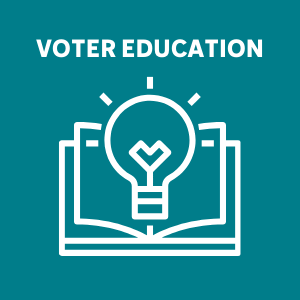The Well-being Word

Associate Vice-Chair of Well-Being
Did you know that sometimes conflict can be GOOD? Healthy conflict is needed for improvement and growth. A conflict is healthy when all parties remain curious and open to ideas. Folks involved in healthy conflict want to find a solution and can comprehend that with which they still disagree.
Unfortunately, not all conflict is healthy. Sometimes, we find ourselves trapped in high-conflict situations. High conflict is a conflict that becomes self-perpetuating and all-consuming, in which almost everyone ends up worse off. High conflict scenarios usually become us vs. them scenarios, where one or all sides no longer want to find a solution; they just want to fight.
We are in a season surrounded by high conflict. An impending election and numerous international conflicts are causing deep divisions and strong emotions.
Regardless of your beliefs or the intensity of the conflict, we must uphold the principles of respect, dignity, and professionalism. It’s a responsibility we all share in maintaining healthy relationships and resolving conflicts.
One way to avoid high-conflict situations is to work to make sure we see each other as unique individual humans with complex beliefs, opinions, and emotions.
When we approach conflicts by separating people into monolithic group identities, it is far easier to slip into high-conflict scenarios. Group identities make conflict more volatile and can exert a force larger than the conflict itself.
Establishing personal relationships allows us to interrupt cascading assumptions about one another and stops us from reducing each other to one thing. Intentional curiosity, contact, and communication build relationships that resist caricature.
The best way to head off conflict is to remember, first and foremost, that we are a diverse, complex, brilliant, and vibrant team here at WUDA. We are not Democrats and Republicans. We are not Surgery and Anesthesia. We are all teammates with an incredibly important common goal—continuously improving the health and well-being of the people in our community and our department.
Get to know your colleagues; what brings them joy? What are they passionate about? What are they proud of? What makes them an amazing, unique, extraordinary human?
Be curious, be respectful, and be well.
For a great book on understanding conflict, check out “High Conflict: Why We Get Trapped and How We Get Out” by Amanda Ripley.
Yours in wellness,
Erin
Ready, Set, VOTE!
Did you know that healthcare workers are less likely to vote?* With your help we can reduce those disparities and eliminate factors that may interfere with the community’s care.
Click on the icons below to learn more information!
*Solnick RE, Choi H, Kocher KE. Voting Behavior of Physicians and Healthcare Professionals. J Gen Intern Med. 2021 Apr;36(4):1169-1171. doi: 10.1007/s11606-020-06461-2. Epub 2021 Jan 22. PMID: 33483814; PMCID: PMC7822395.
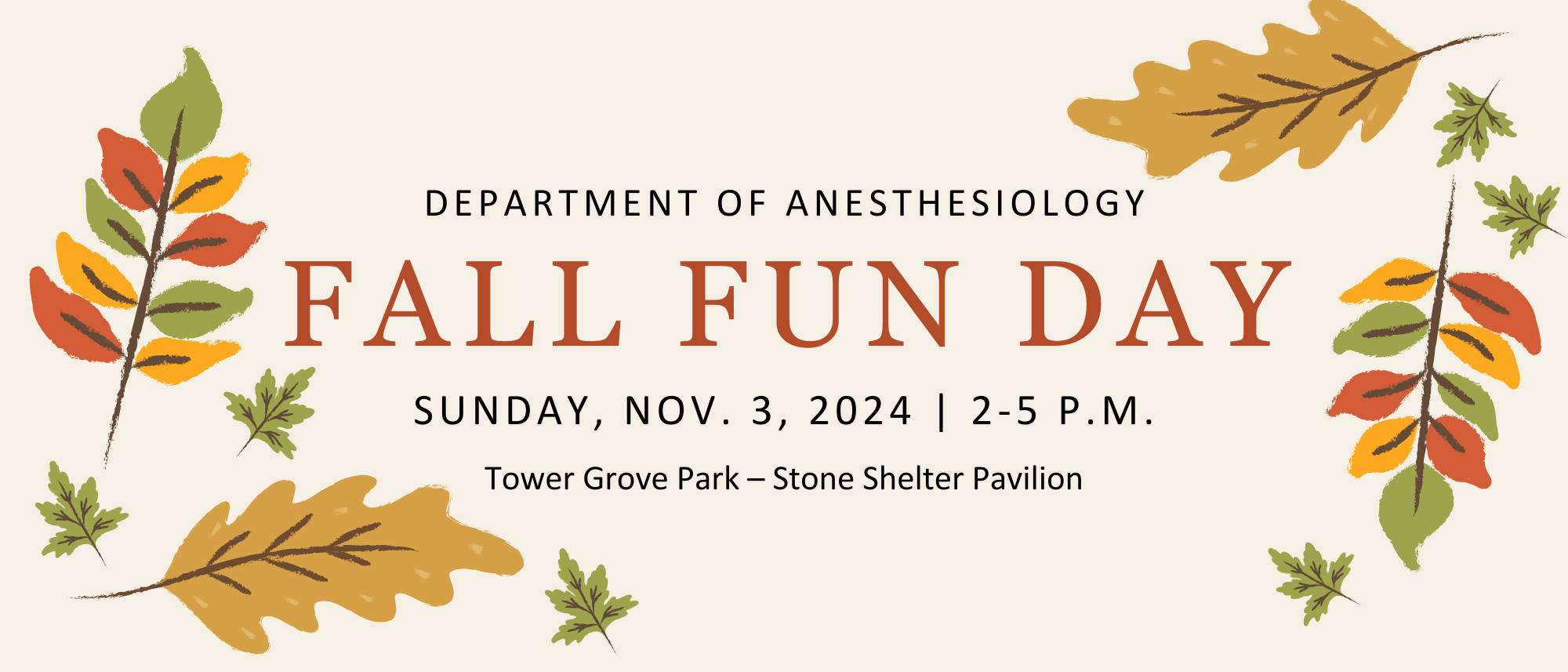
S’MORES | HOT COCOA | YARD GAMES | PUMPKIN DECORATING | MUSIC
The Department of Anesthesiology is excited to invite all department members and their families to a delightful fall-themed event at Tower Grove Park—Stone Shelter Pavilion on Sunday, November 3, from 2 to 5 p.m.
Join your colleagues for a fun-filled afternoon, complete with seasonal festivities and good company.
Recent News
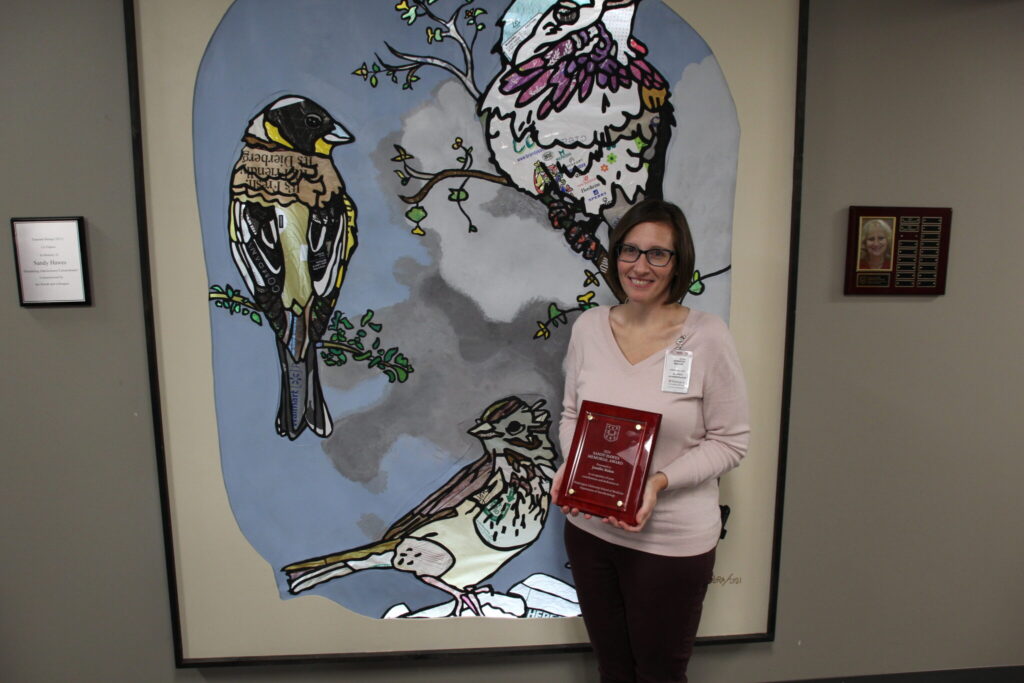
Jen Mahan receives 2024 Sandy Hawes Memorial Award
The Department of Anesthesiology is delighted to announce that Jennifer Mahan has been selected as the 2024 Sandy Hawes Memorial Award recipient.
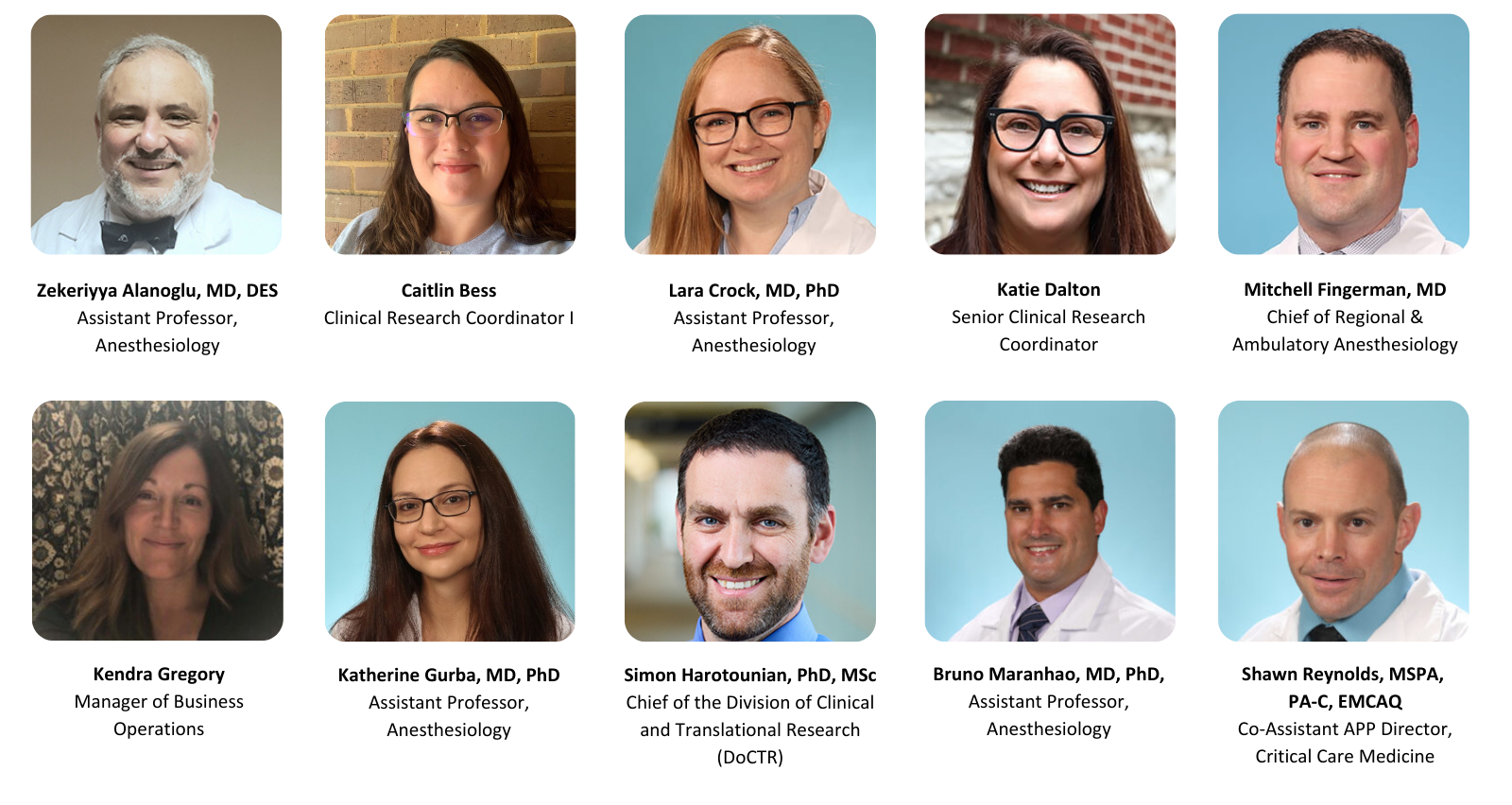
Celebrating Inclusive Behaviors: Anesthesiology Department Recognizes SAFE Reporting Accolade Recipients
The Department of Anesthesiology is proud to recognize 10 individuals who have received accolades through the SAFE (Supporting a Fair Environment) Reporting platform in 2024.
A Day in the Life of John Del Rosario, PhD
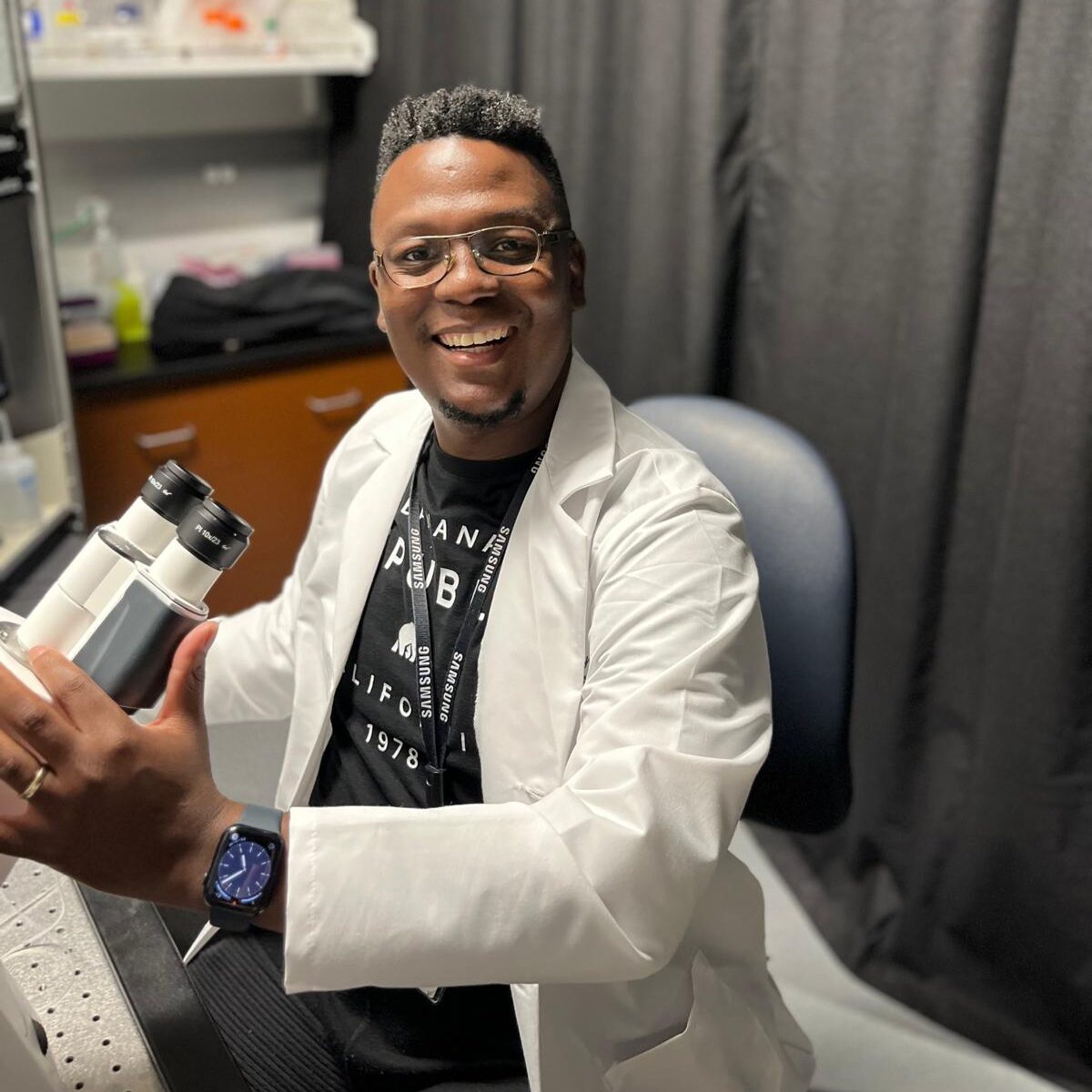
Dr. Del Rosario is a postdoctoral research associate in the Laboratory of Dr. Robert Gereau in the Department of Anesthesiology. Dr. Del Rosario’s research focuses on the understanding of mechanisms that drive adaptive and maladaptive plasticity in the peripheral nervous system to modulate pain and mechanosensation. Dr. Del Rosario is originally from the Dominican Republic and enjoys karaoke nights and, of course, great Latin American music (salsa, merengue, and bachata). Read about his day in the life!
A typical day in Dr. Del Rosario’s life is distributed the following way:
Before getting to the lab
- The alarm goes off around 5:30 a.m. on some days (running days) and others at 7:30 a.m.
- First thing in the morning, I check my phone for emails, texts, or specific activities planned for the day.
- Around 7:30-7:50 a.m., I take a nice warm shower, where I have some time to reflect on life and potential experiments I would like to implement in my research.
- 8:30 a.m. – After getting ready, I prep some breakfast (Yes, I do not drink coffee), blow a kiss to my dog and husband, and off to the lab.
After getting to the lab
- 9:00 a.m. – My day starts with assessing the experiments planned for the day, answering emails, and prepping for potential meetings.
- 9:15 a.m. – Set up the mice for behavioral assays or prepping solutions for electrophysiological recordings.
- 10:00 a.m. – I start behavioral or electrophysiological experiments. If I am performing electrophysiological experiments, I will be studying the biophysics of sodium channels expressed in sensory neurons. Otherwise, I will be studying the intrinsic excitability of human and mouse sensory neurons.
- 2:00 p.m. – I take a lunch break, sometimes, with colleagues.
- Around 3:00 p.m., I go back to my ongoing experiments.
- Around 6:00 p.m., I clean up my electrophysiological rig or animal behavioral unit and move to my desk to enter the data collected for the day.
- 6:00-8:00 p.m., I analyze data, work on grants, write papers, and prepare for the next day.
- 8:30 p.m.- Time to go home!
After getting back home
- 9:00-9:15 p.m. – Dinner with my husband and watch one of my TV series (too many to mention here)
10:30-11:00 p.m. – Time for a shower and get ready for bed.
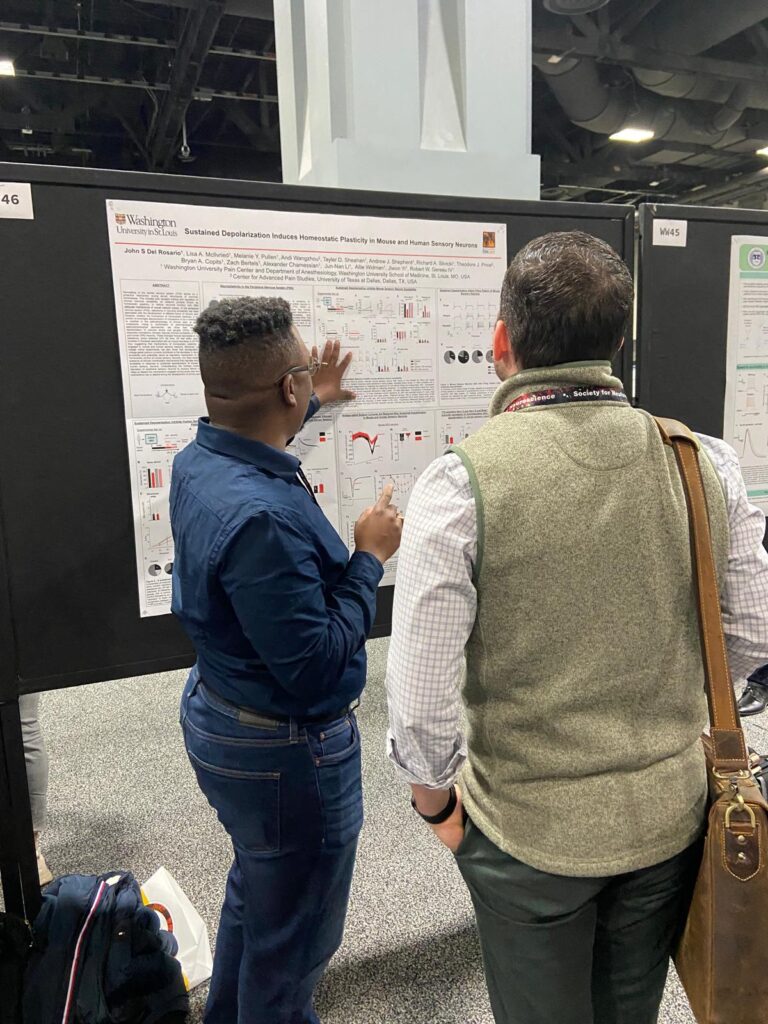
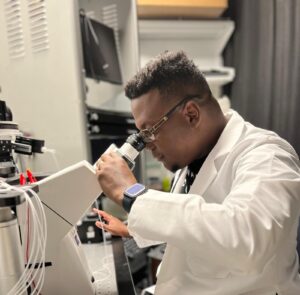
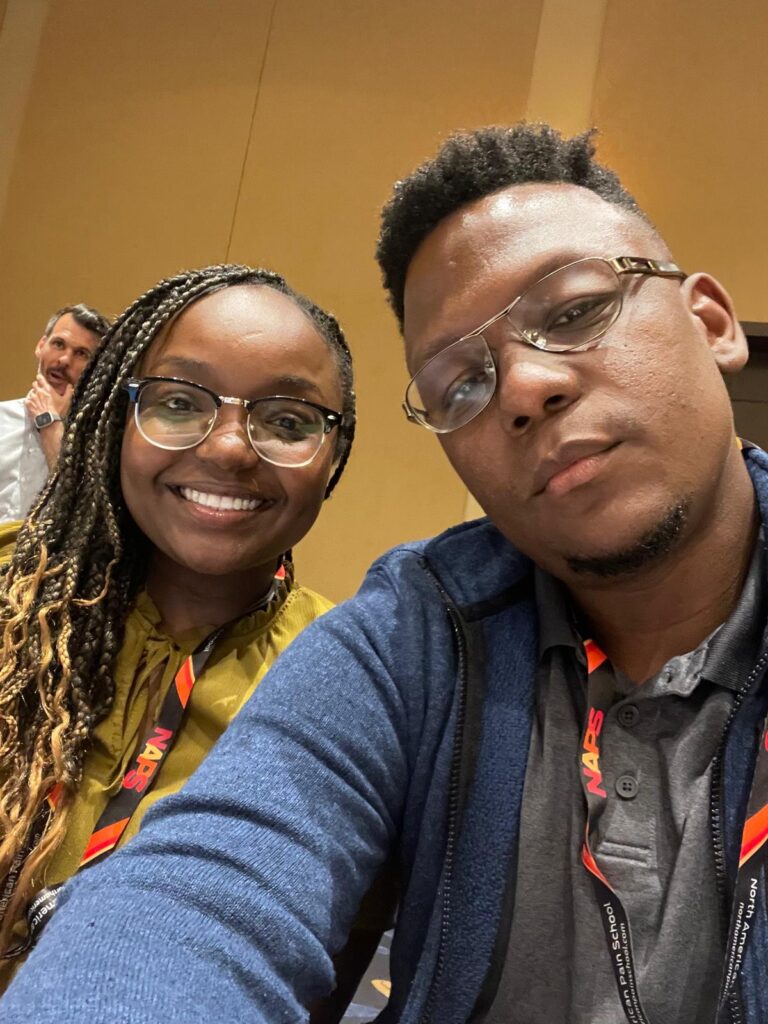

September @ WUDA
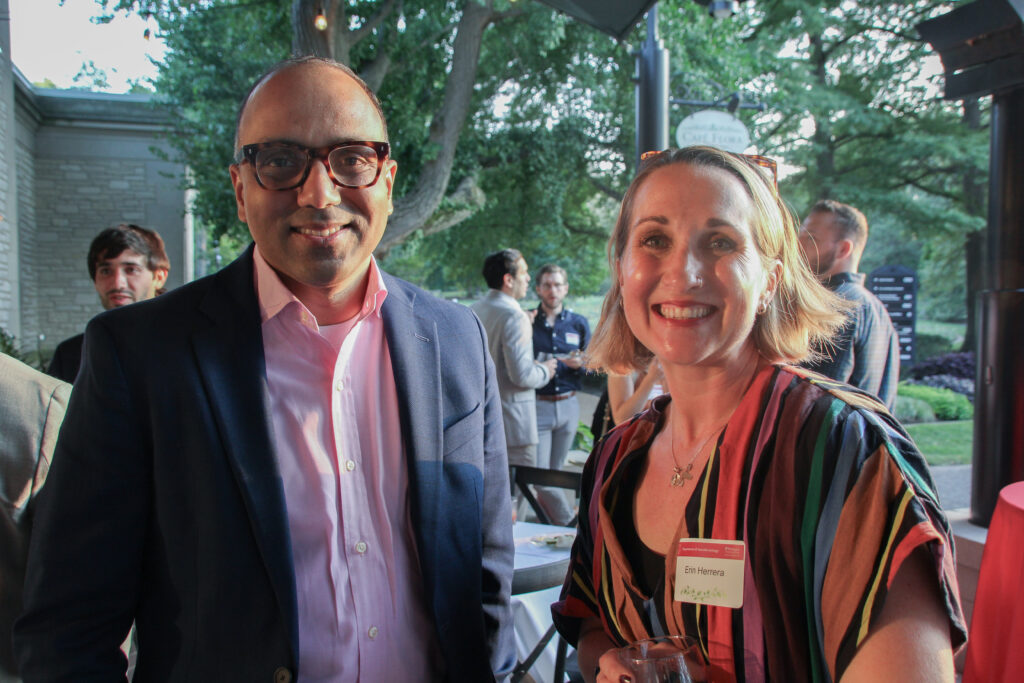
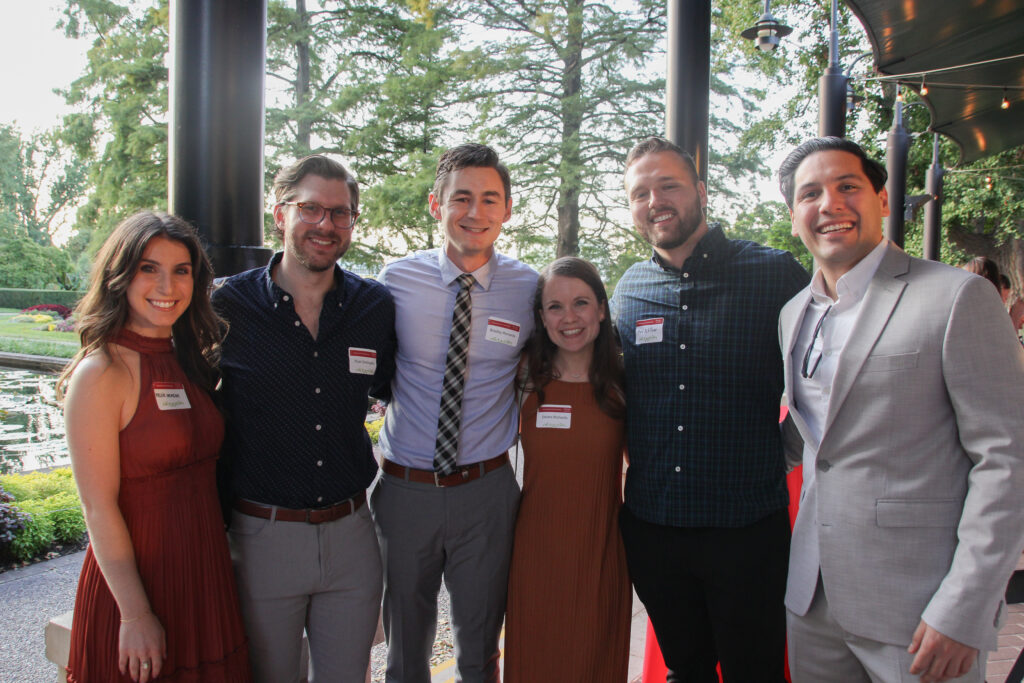
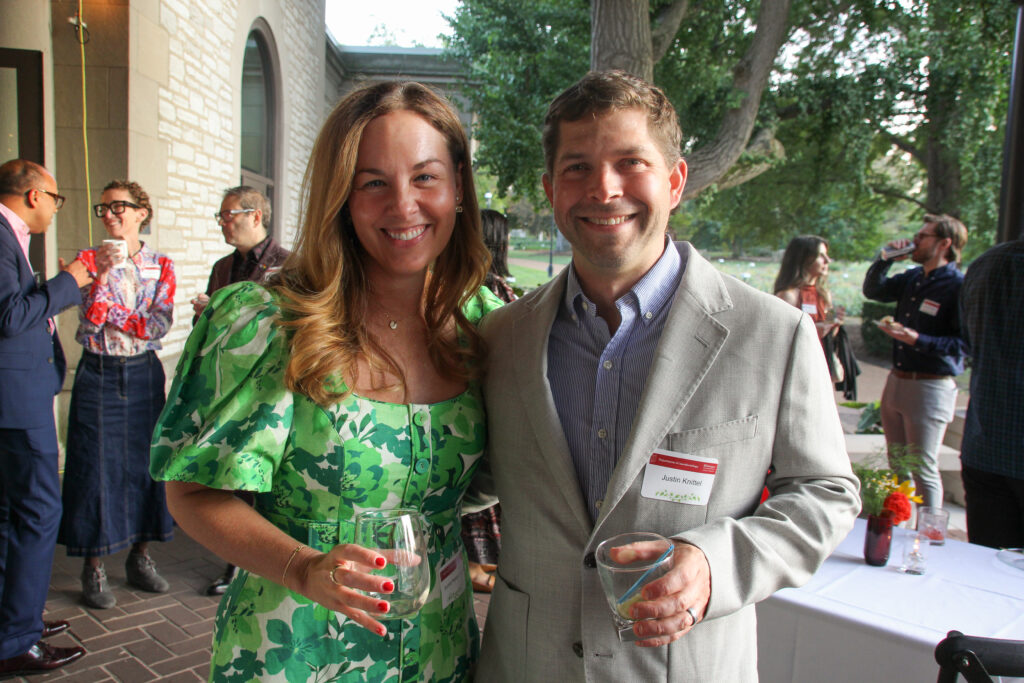
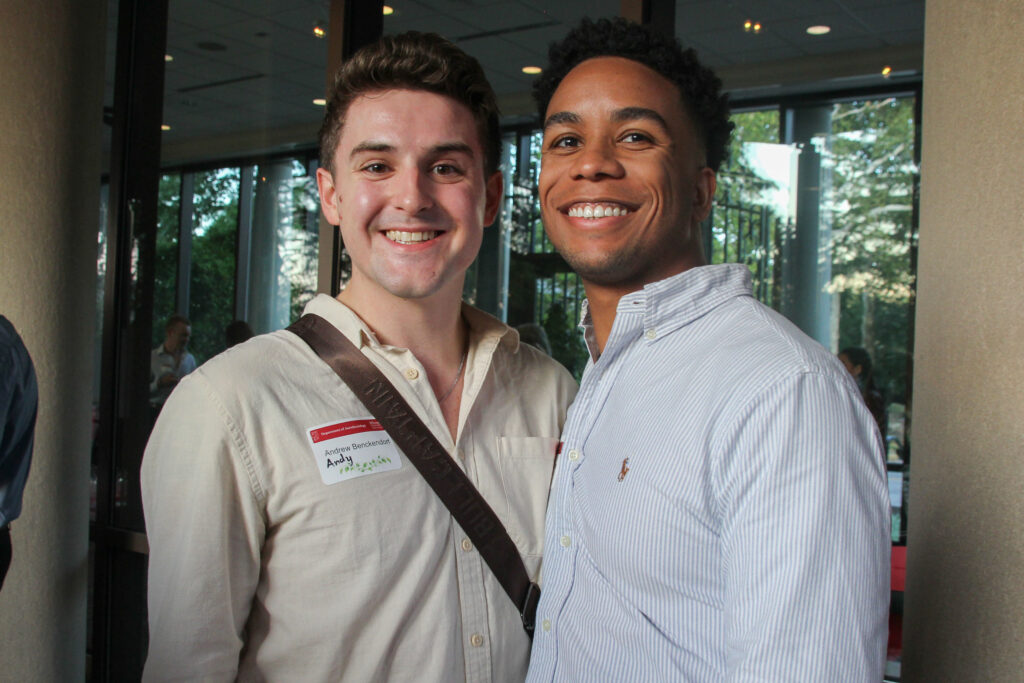
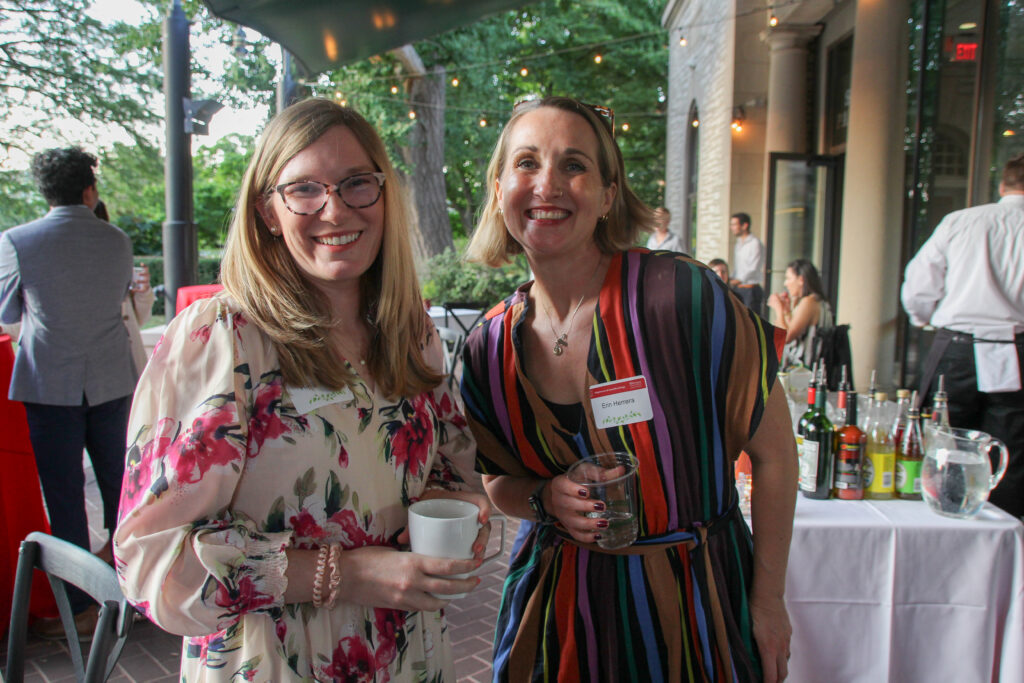
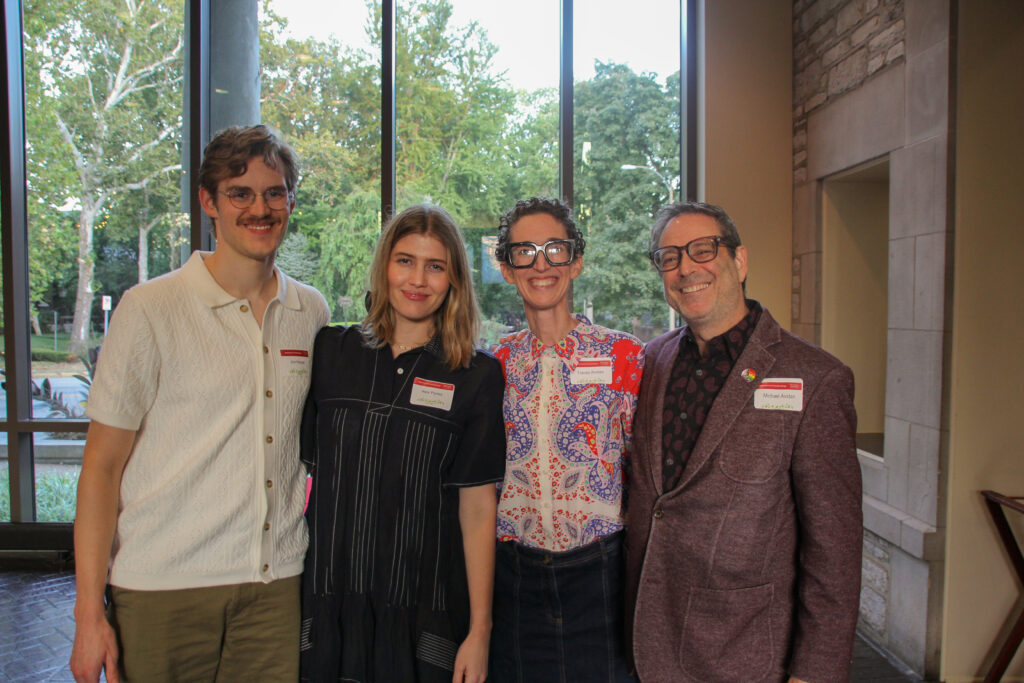
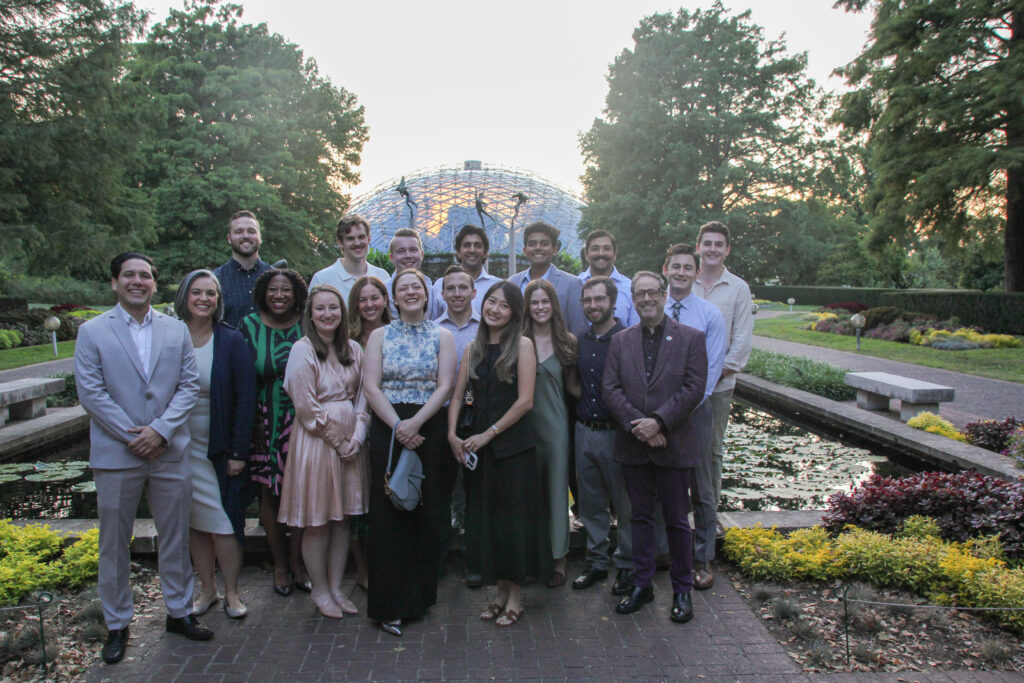
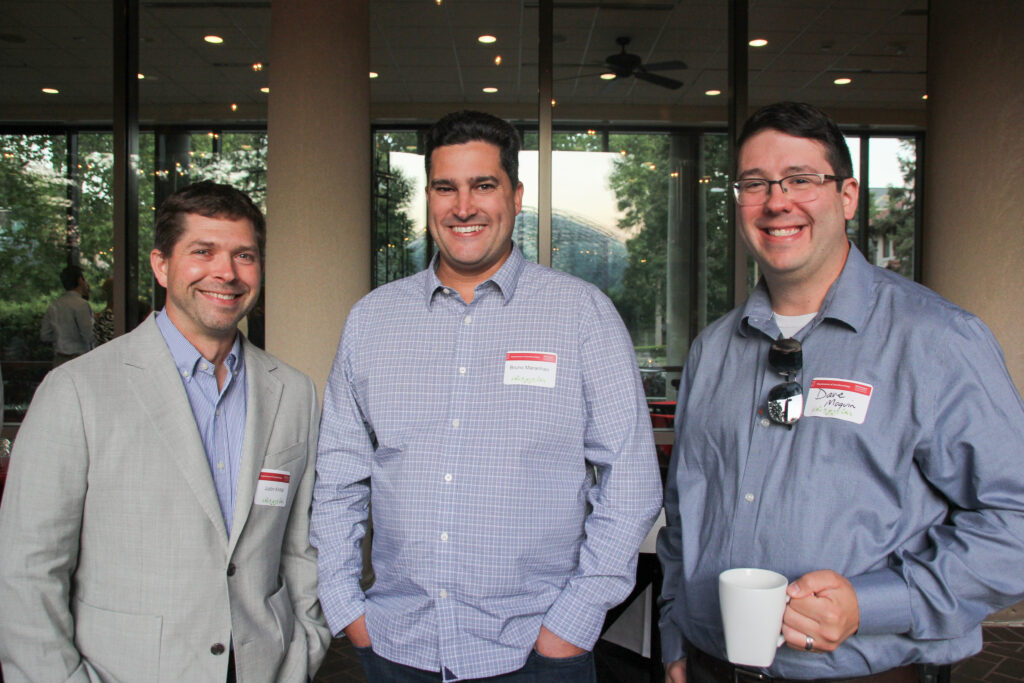

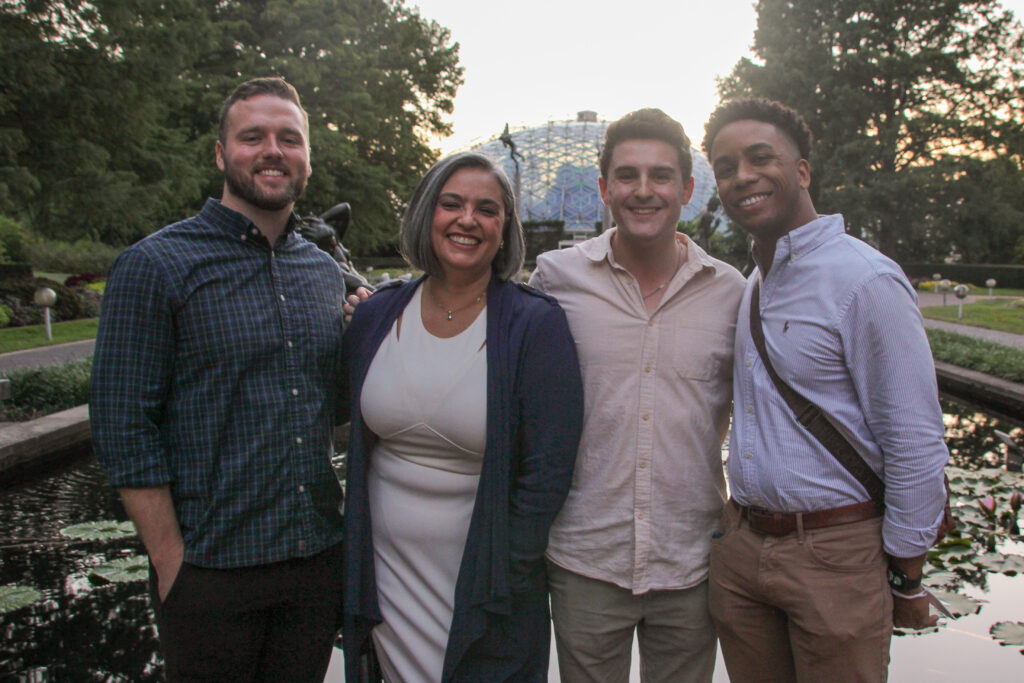
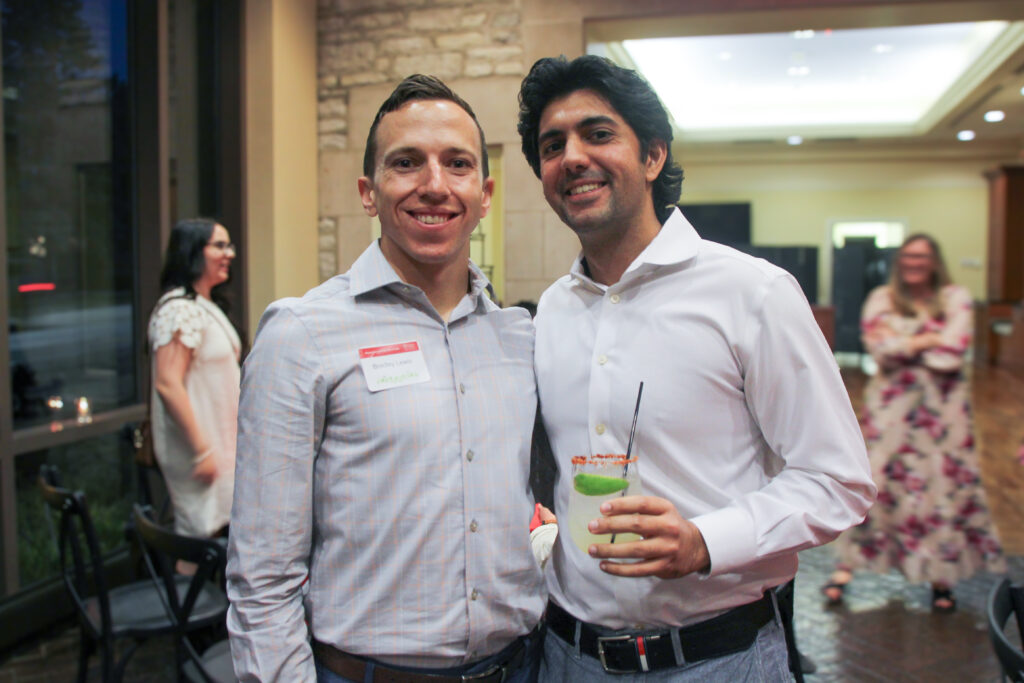
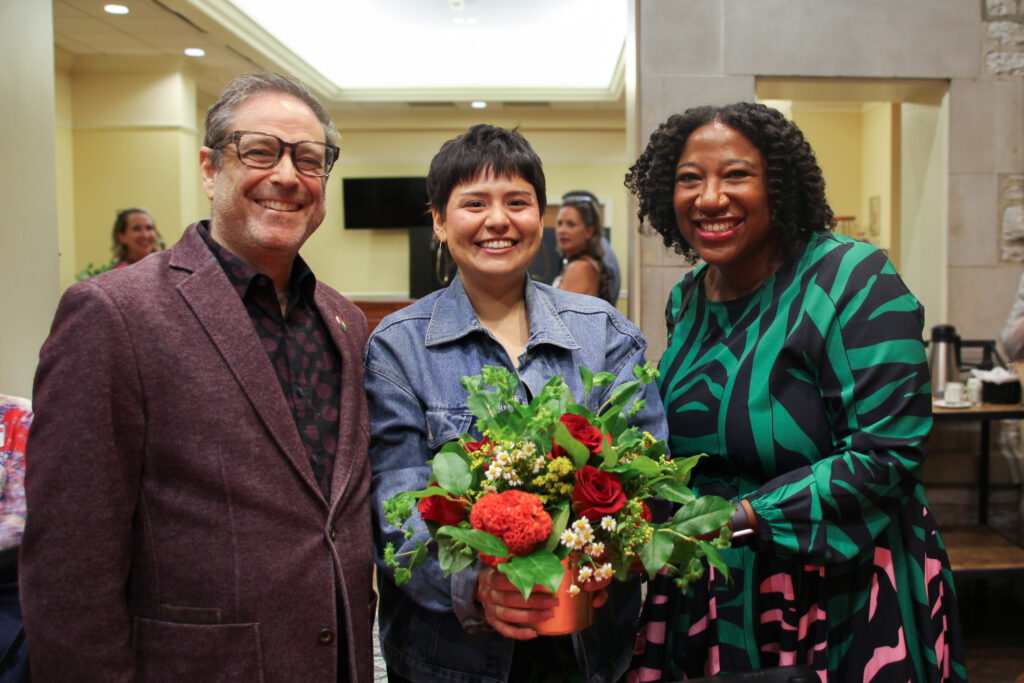
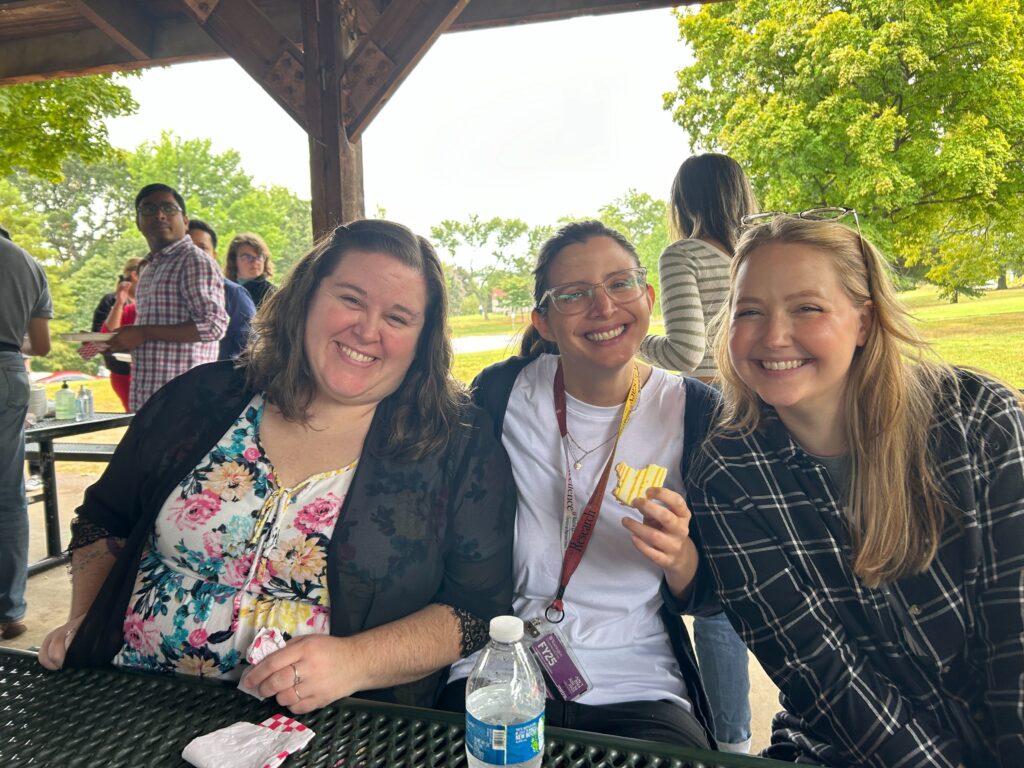
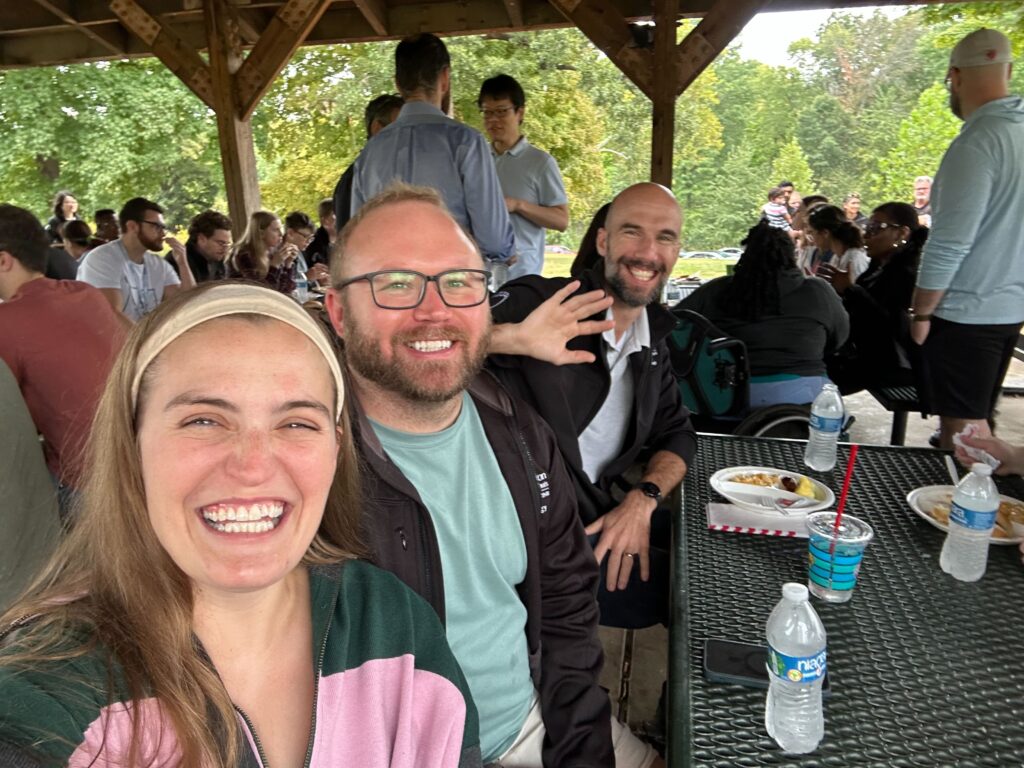
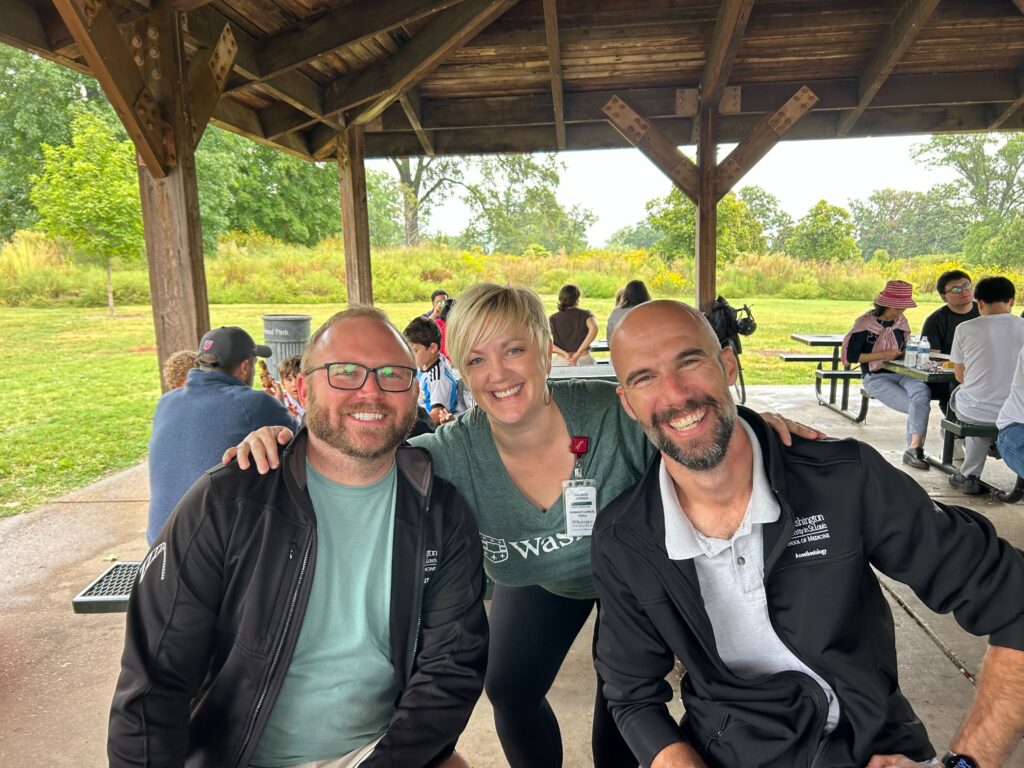
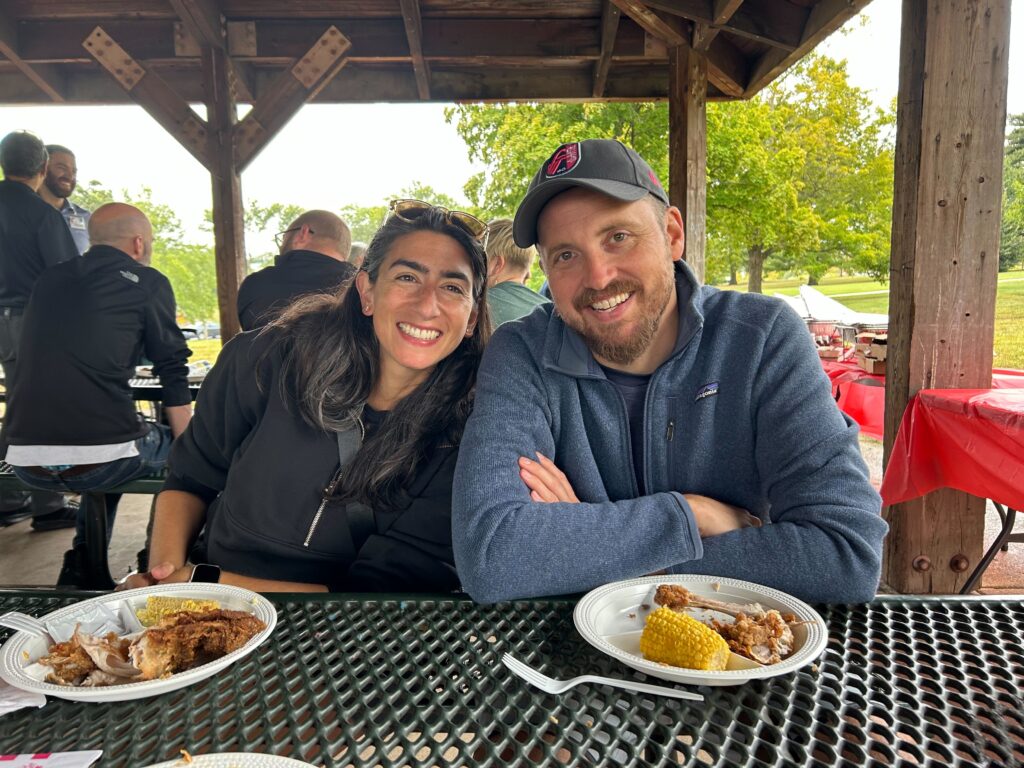
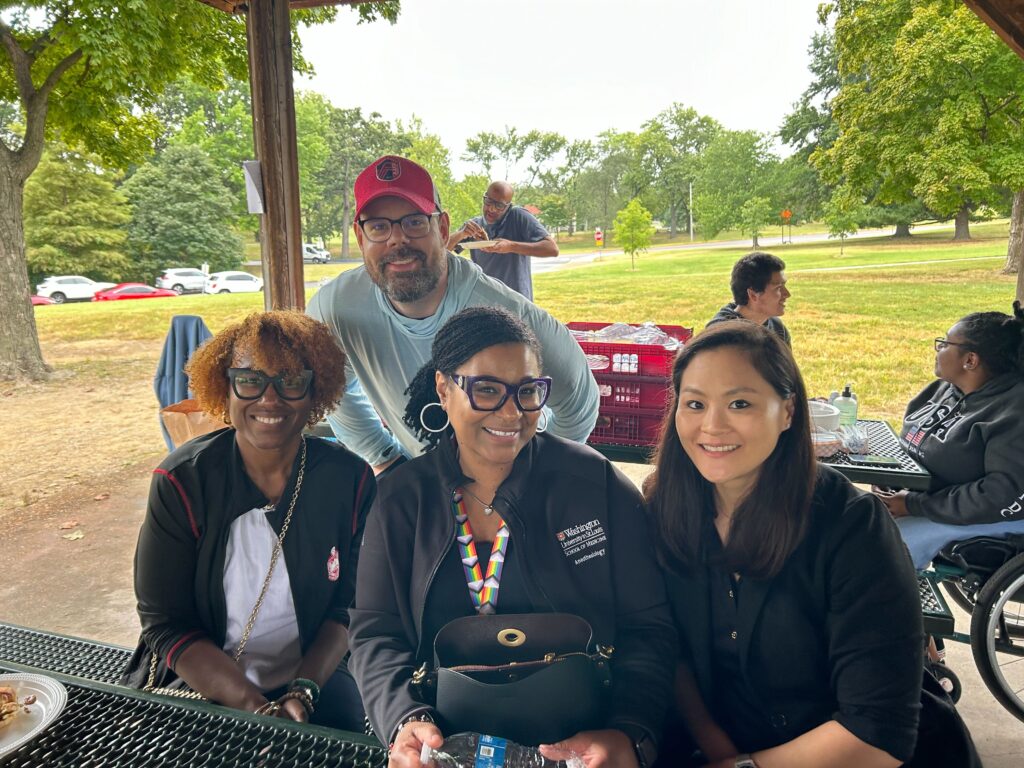
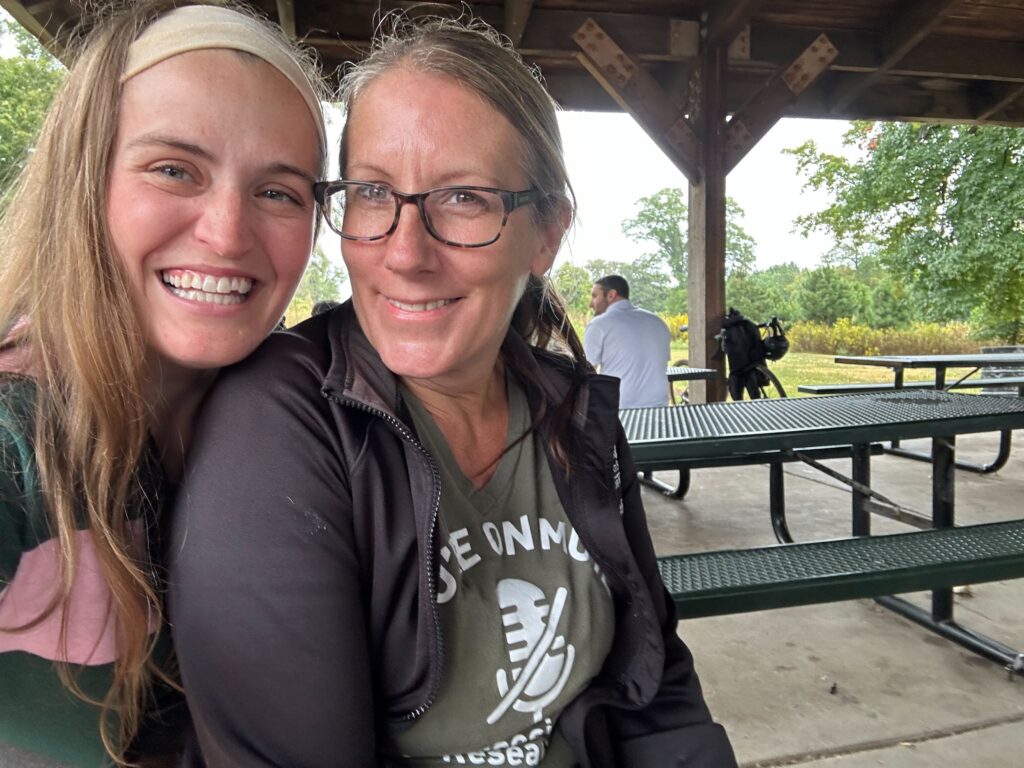
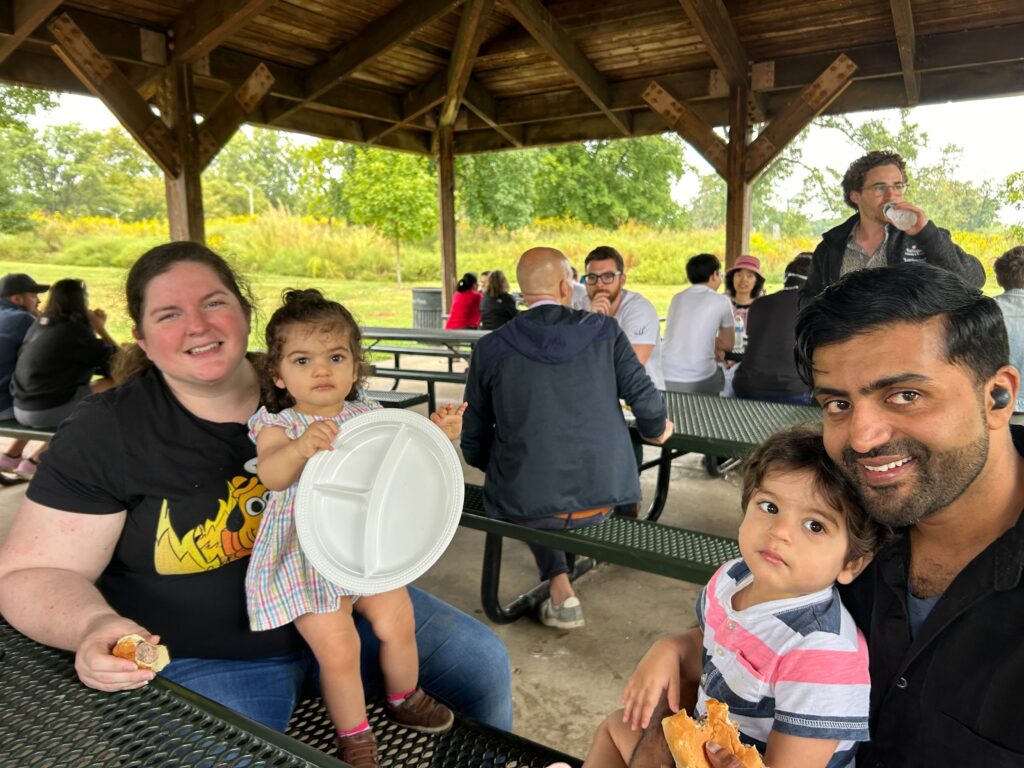
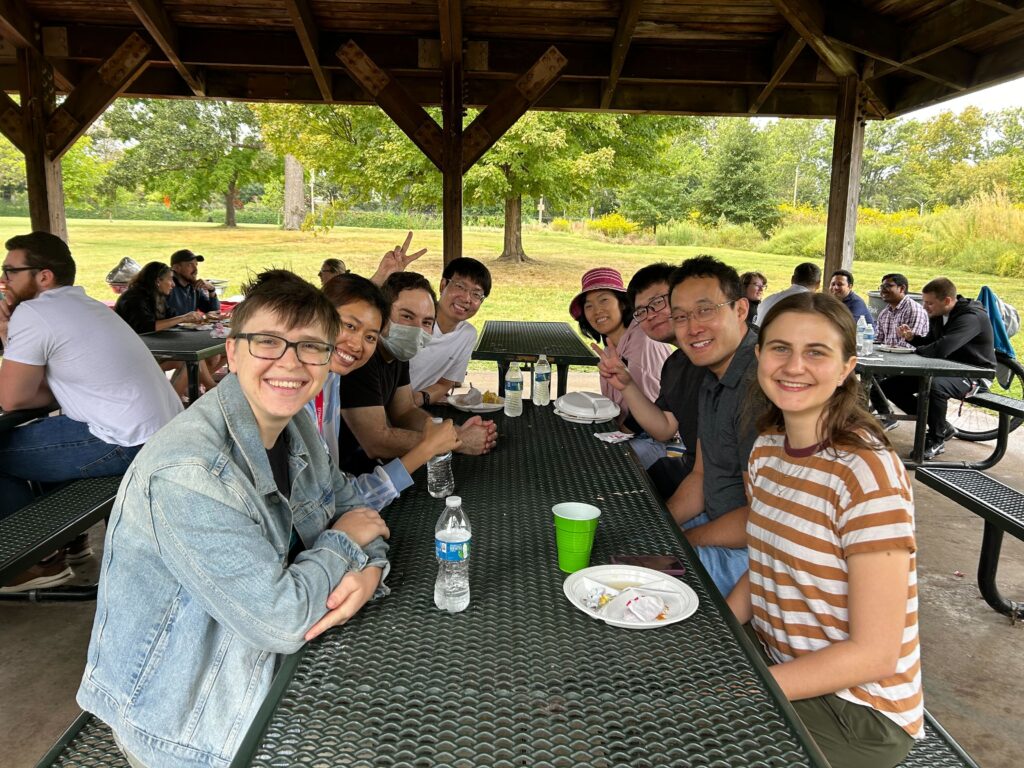
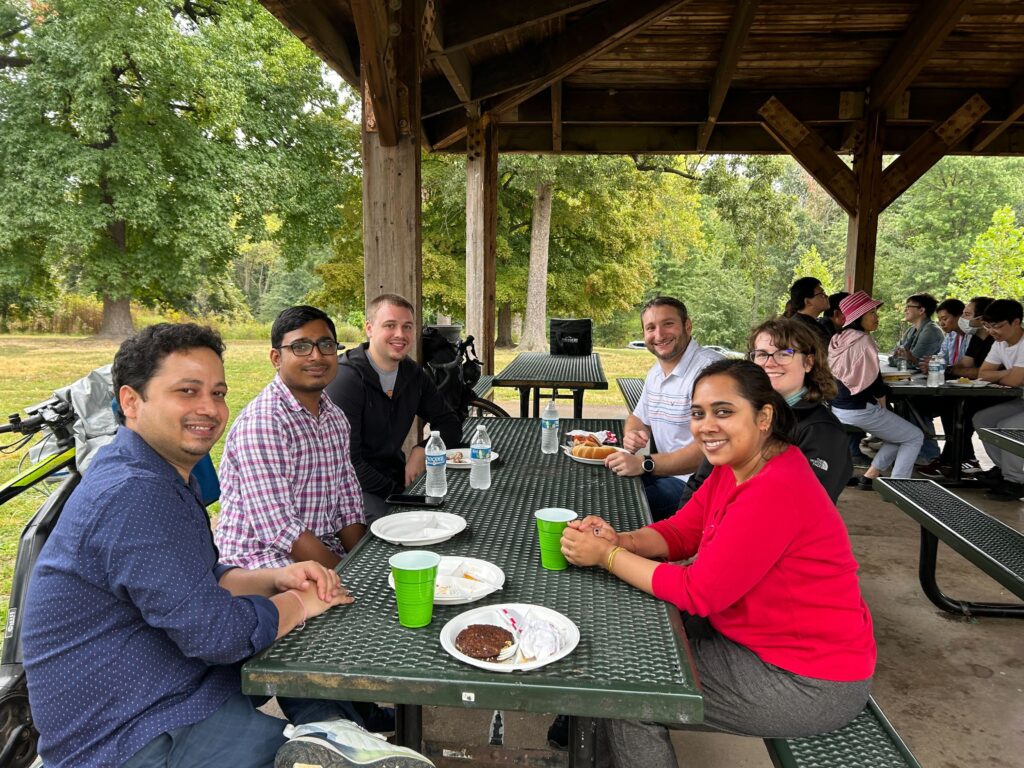
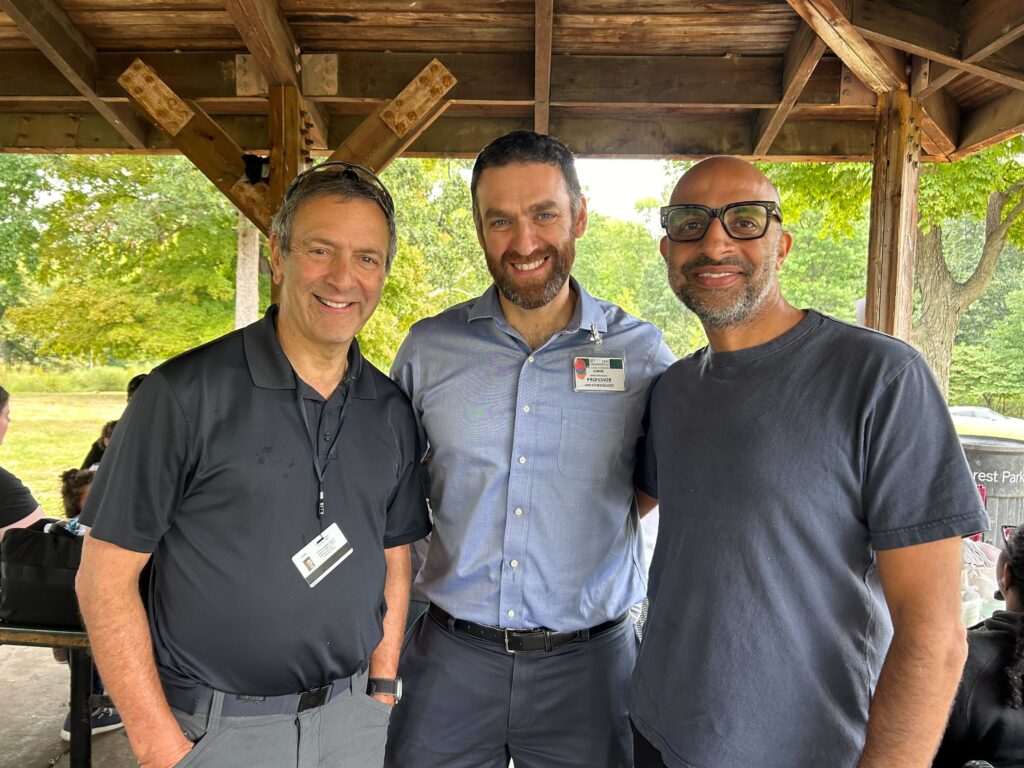
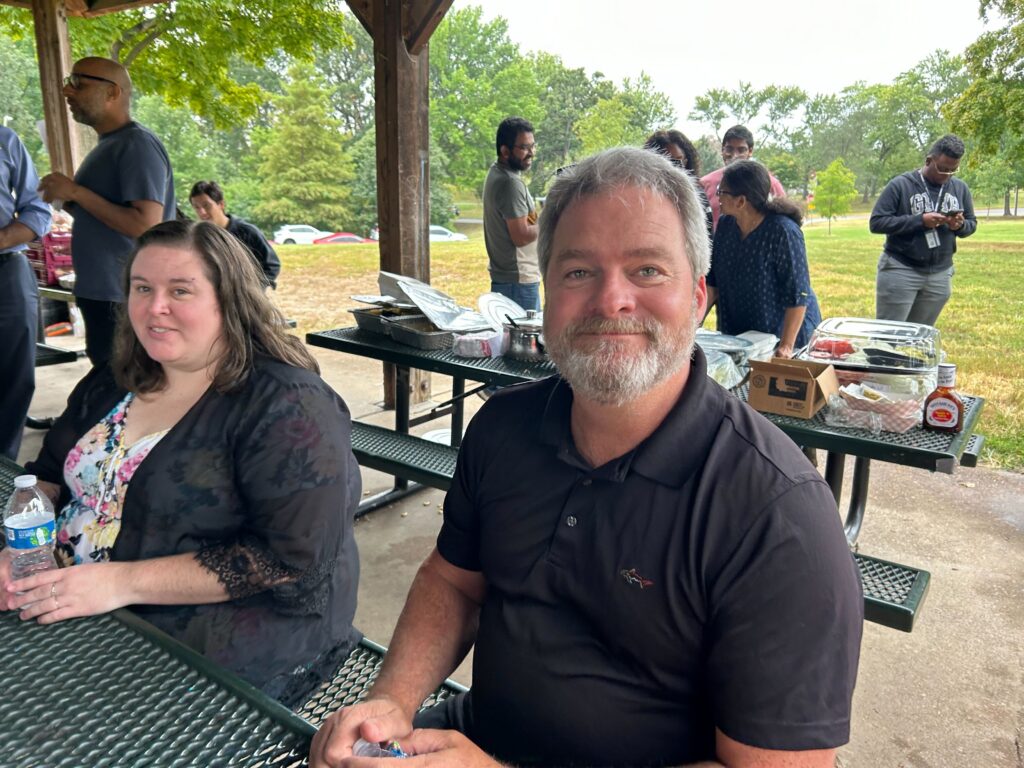
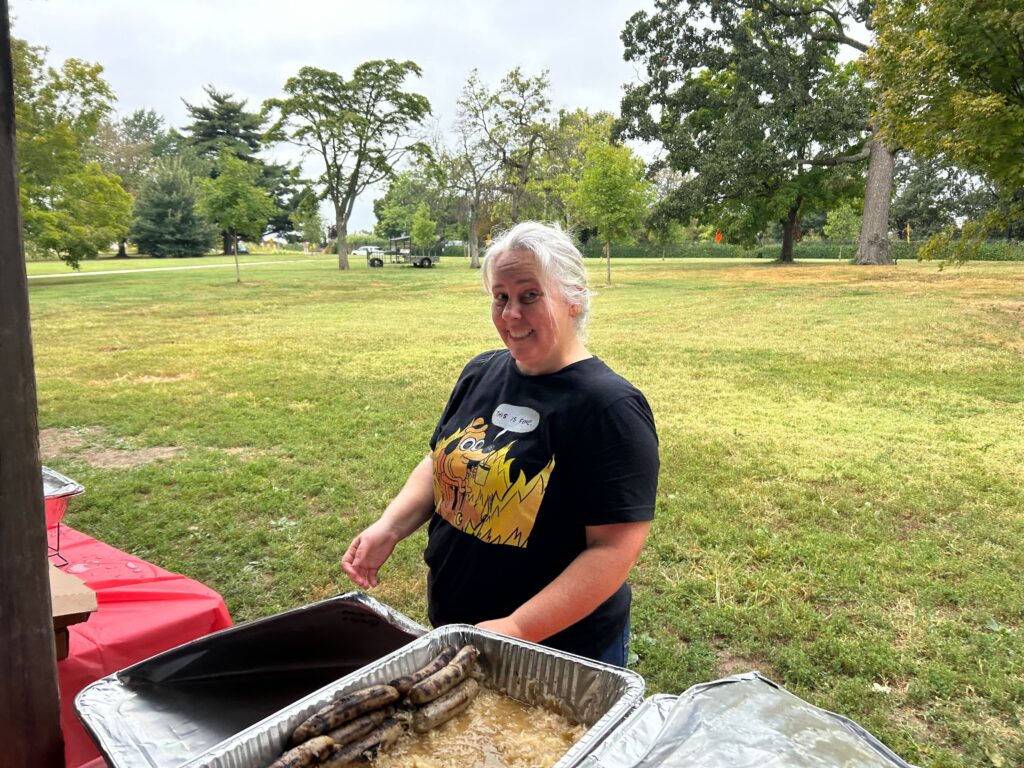
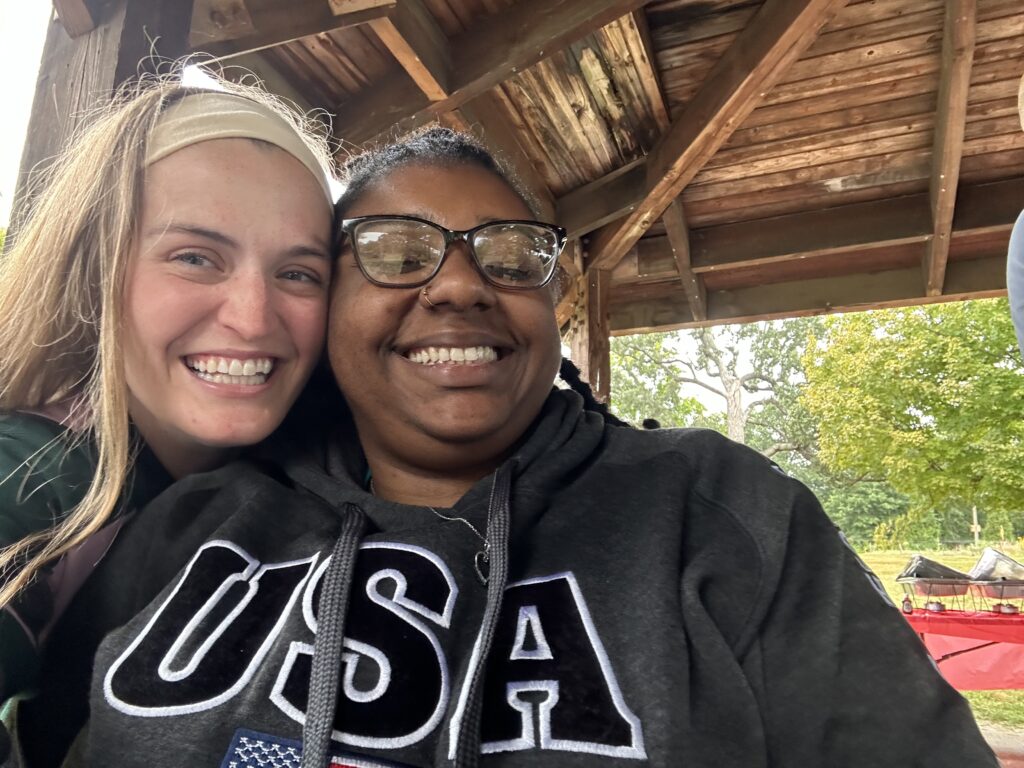

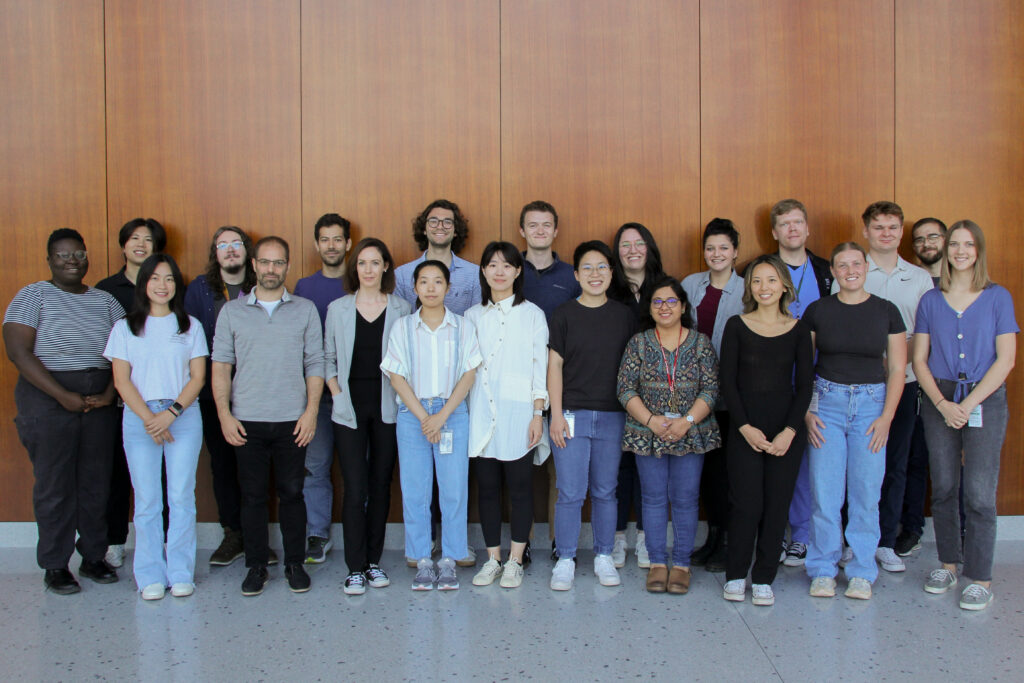

PIA SAFE
We hosted our third workshop last weekend where WUDA team members took their first steps toward building a culture of restorative conflict management! Participants explored strategies for supporting colleagues through conflict, fostering curiosity, and maintaining positive relationships. We encourage everyone who wants to champion positive change within our department to become a PIA SAFE champion.

SAFE Reporting
SAFE Reporting is an integral part of WashU Medicine’s ongoing efforts to ensure that we uphold the highest standards of professionalism in our workplaces and learning environments. It enables clinicians, scientists, educators, staff, residents, fellows, postdocs, students, and other members of our community to report safely, with or without identifying themselves, either positive or concerning behaviors.
This tool is a key resource for recognizing outstanding contributions and flagging unprofessional or abusive behaviors. By utilizing the SAFE Accolades tool, members of our community help to cultivate an atmosphere where everyone feels valued, respected, and empowered to thrive.

Calming resources for tough times
When hardships occur in our lives, intense emotions often follow suit. While we can’t avoid them, we can seek support from our loved ones and give ourselves grace and compassion during tough times.
We’ve also curated a few resources with Calm that can help you better navigate your unique situation:
- Emotions Series
- Try these guided meditations to help you better understand, investigate, and soothe your emotions whenever they arise.
- Overcoming Negative Thinking
- Whenever you have negative thoughts, try this kindness meditation that’ll bring more self-compassion into your day and lighten up the mind.
- We Were Made for Times Like These
- Explore different guided meditations that’ll help you meet your daily life challenges with more mental resilience.
- The Stay Vibrant Series
- Use this music track by San Holo to check in with yourself and boost your energy with vibrant beats.
Join a Calm App Webinar to learn how to personalize your app experience or deep dive into monthly themed topics to enhance your mental health toolkit.
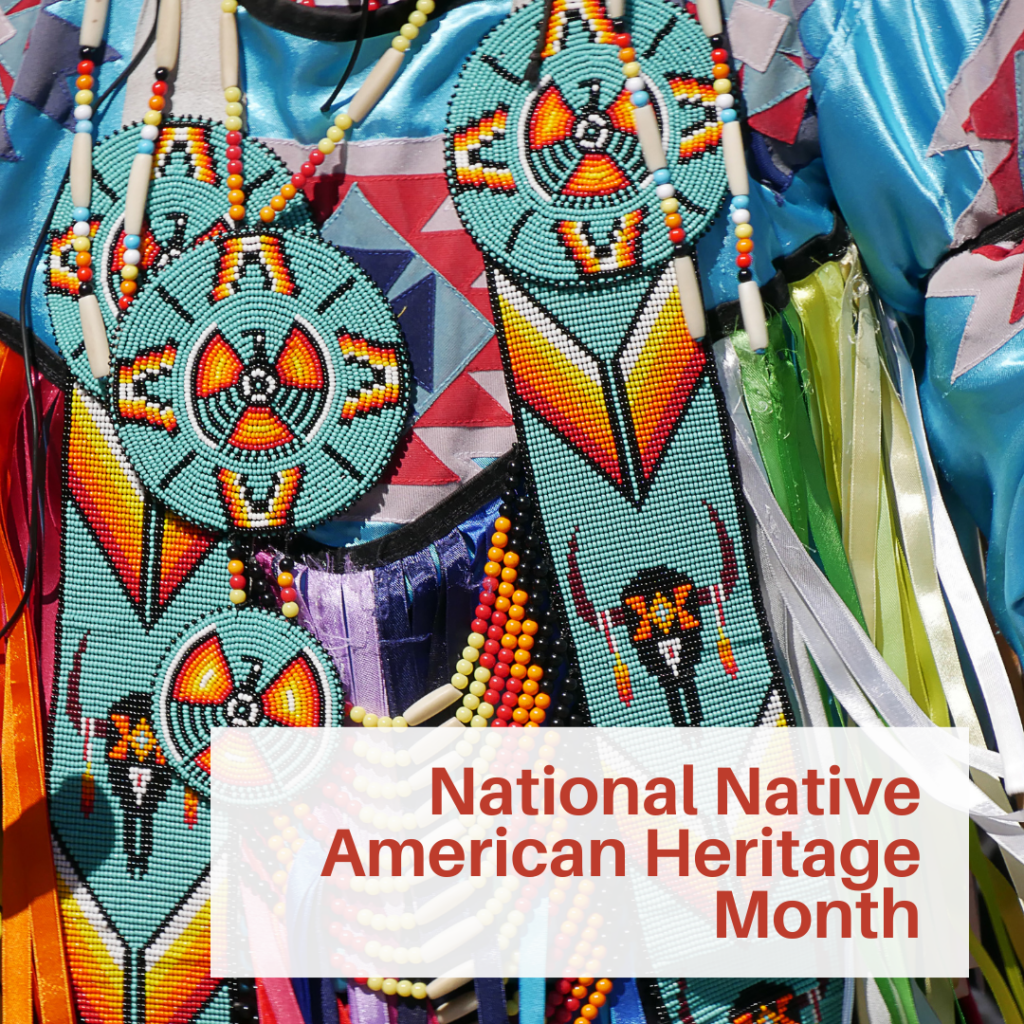
November is National Native American Heritage Month
Next month is National Native American Heritage Month, a time to recognize and celebrate the rich cultures, histories, and contributions of Native American communities. This month encourages education and understanding of Indigenous peoples’ experiences, promoting respect for their heritage and ongoing struggles. We honor their resilience and acknowledge the importance of preserving their traditions and stories. Join us in deepening our awareness and fostering appreciation for the diverse cultures that enrich our society.
Resources:
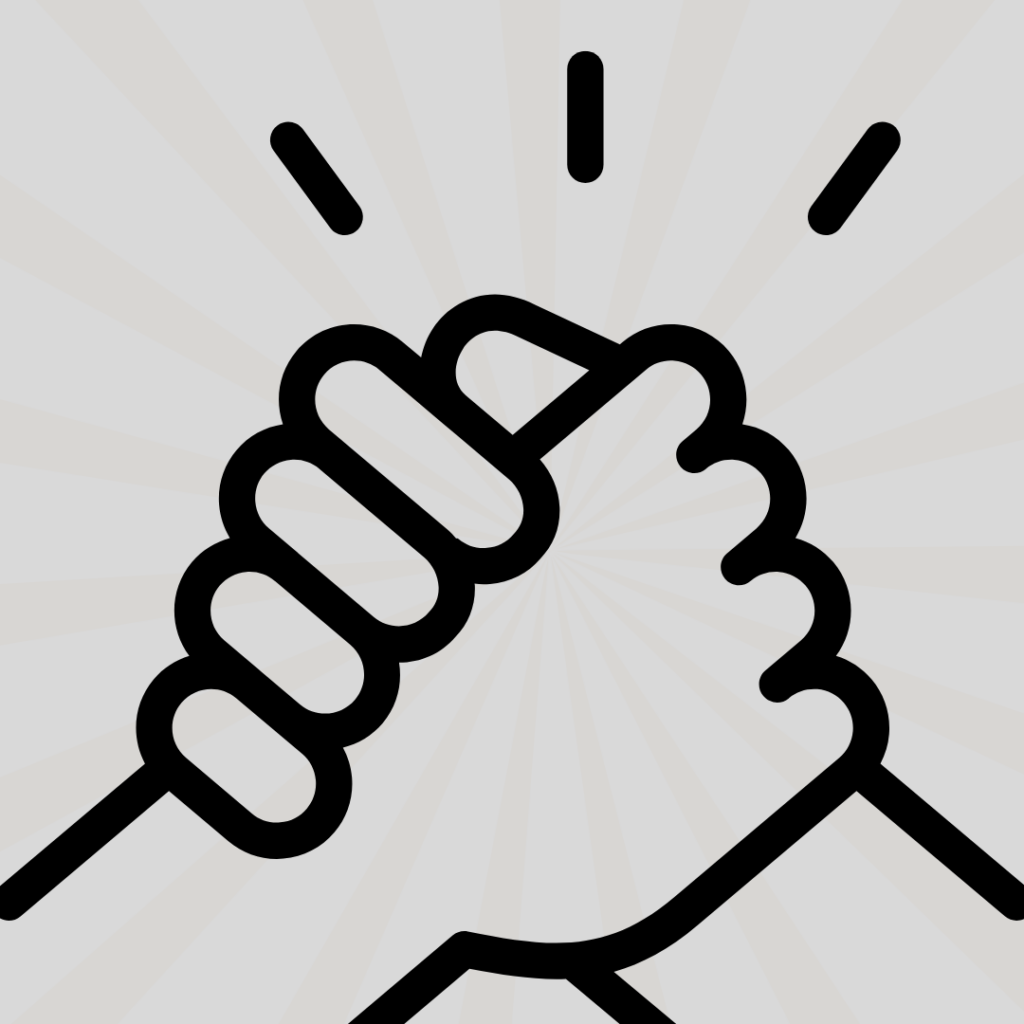
WUDA Supporting Parents Group
This program not only aims to foster a supportive and connected community for parents within our department, but also serves as a tool for others so they can remain informed about important information about WashU/BJC benefits, policies, and more.
This group is dedicated to creating a resource hub and community where parents feel informed, empowered, and connected throughout their parenthood journey. We aim to provide easy access to information on all aspects of parenthood and to connect parents within our department.

The Well-developed Podcast
It is difficult to learn and perform well when you are not at your best. The Well-developed Podcast is a space to validate, normalize, and explore the ways we bring our whole selves to work. Learn how to capitalize on your own unique strengths, preferences, and sense of self to improve and develop your well-being!
Have an idea for a podcast topic? Share your suggestions using the form at the bottom of our webpage. Thanks for influencing our podcast’s evolution!

Take 2 for the Team
Introducing “Take 2 for the Team,” a new initiative and app designed to promote gratitude and positivity among our anesthesiology department’s team members. This digital peer-to-peer gratitude program encourages us all to take just 2 minutes each day to acknowledge and express gratitude towards a fellow team member.
You can find the app on our departmental INTRAnet, making it accessible to everyone in the department. Using the app is a breeze —simply compose a thank-you note, and your heartfelt “Thank You!” will be sent directly to your colleague’s inbox.
Let’s take a moment to appreciate our colleagues and their contributions to our well-being and happiness.

